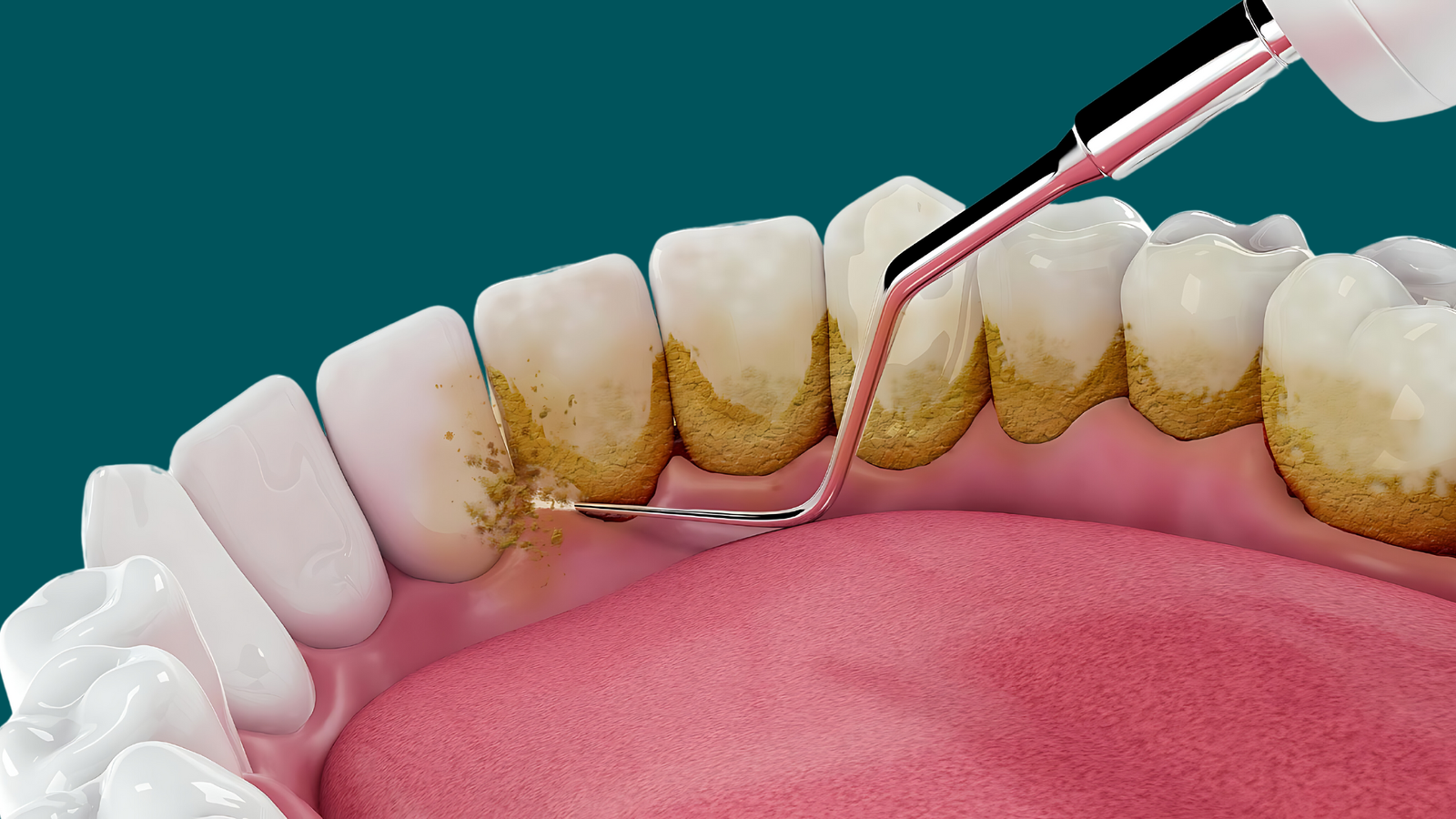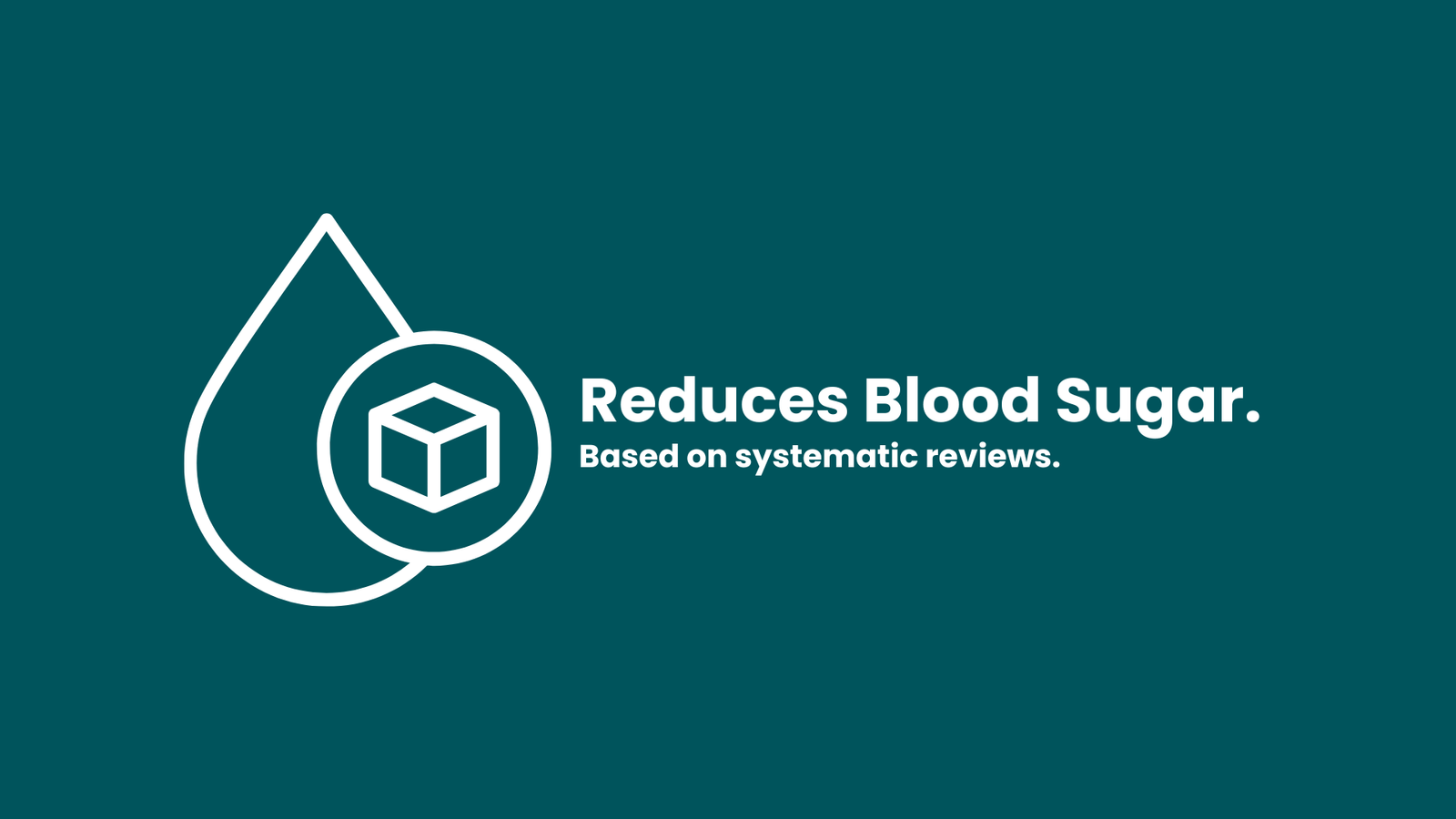Scaling & Polishing
It's more than just a cleaning.
Discover more below.
Gum Health Restoration.
Tooth Loss Prevention.
Enhanced Oral Hygiene.
In a glance.
Consider When
- You have gum disease (periodontitis) and need deep cleaning.
- Your gums bleed easily, are swollen, or tender.
- You have persistent bad breath despite good oral hygiene.
- Your teeth feel loose or your gums are receding.
- You have diabetes and would like to manage your blood sugar levels.
- You are an active smoker and want to protect your gum health.
Consider Other Options If
- You have had scaling or a professional cleaning within the last six months.
The Benefits
- Significantly Reduces Risk of Tooth and Bone Loss: Protects against the damage associated with periodontal disease.
- Reduced Blood Glucose in Diabetic Patients: Helps manage blood sugar levels for better diabetic control.
- Protection from Caries and Decay: Reduces the risk of cavities and tooth decay by eliminating bacteria buildup.
The Drawbacks
- The procedure can cause some discomfort.
- Temporary sensitivity and swelling of the gums following treatment.
Learn the process.
1. Initial Assessment
Comprehensive evaluation including dental X-rays to diagnose and determine the severity of periodontitis.
2. Supragingival Scaling
An ultrasonic device is used to gently break down and remove tartar from above the gum line.
3. Subgingival Scaling
Specialized instruments are used to remove tartar and plaque build-up below the gum line.
4. Root Planing
In cases of advanced gum disease with deep periodontal pockets, the exposed roots of your teeth are carefully cleaned to remove tartar buildup that can hinder healing and cause further gum damage.
Learn More
Calculus Removal.
The purpose of professional cleaning is to remove hard deposits of calculus (tartar) and stubborn plaque that regular brushing cannot eliminate. This process involves removing these calcified deposits both above and below the gum line, as well as sometimes from the exposed roots of the teeth. This cleaning promotes gum healing, halts disease progression, and ultimately prevents tooth loss.
More than just a cleaning.
Based on scientific evidence and systematic reviews, scaling and root planing can significantly improve glycemic control and lower blood glucose levels in diabetic patients. Therefore, it should be considered as part of the overall management of diabetes.
A message from Mirage Dental Clinic.
Steps and care.
Before professional cleaning
After professional cleaing
Maintenance
Things to Avoid
Frequently asked.
These procedures are highly effective in managing periodontitis but should be part of a broader oral healthcare routine.
The frequency depends on your individual periodontal health. While some may need cleanings more frequently than others, everyone should have a professional cleaning twice a year.
While the procedure itself isn't generally painful, some individuals may experience mild to moderate discomfort on certain teeth.


